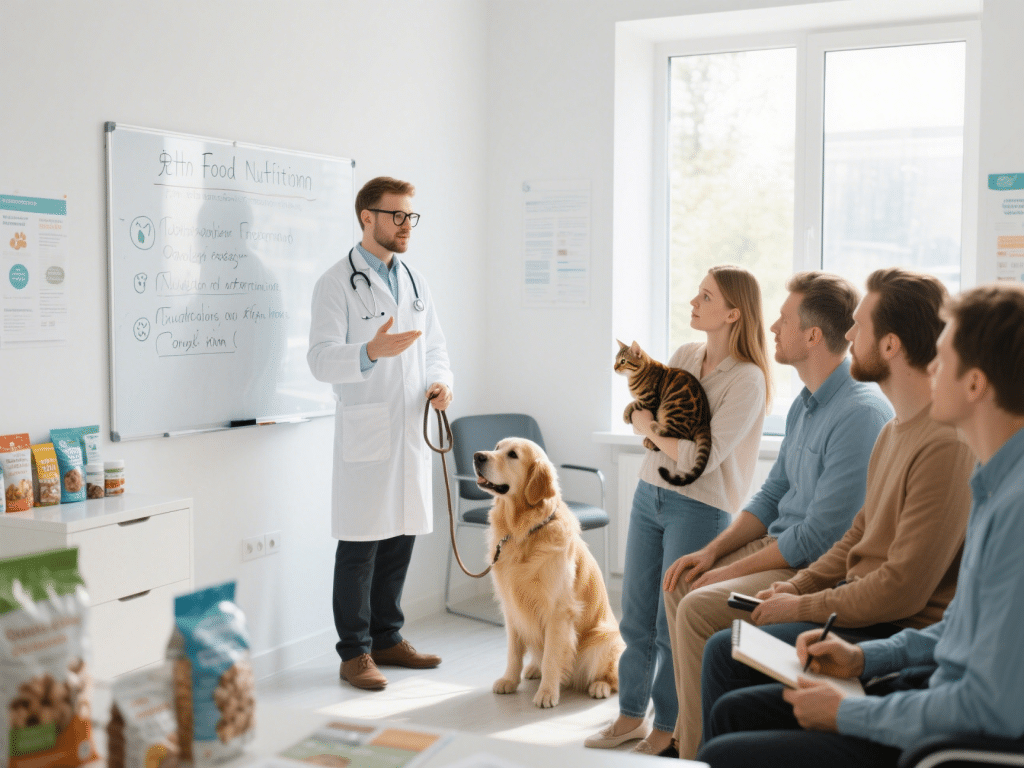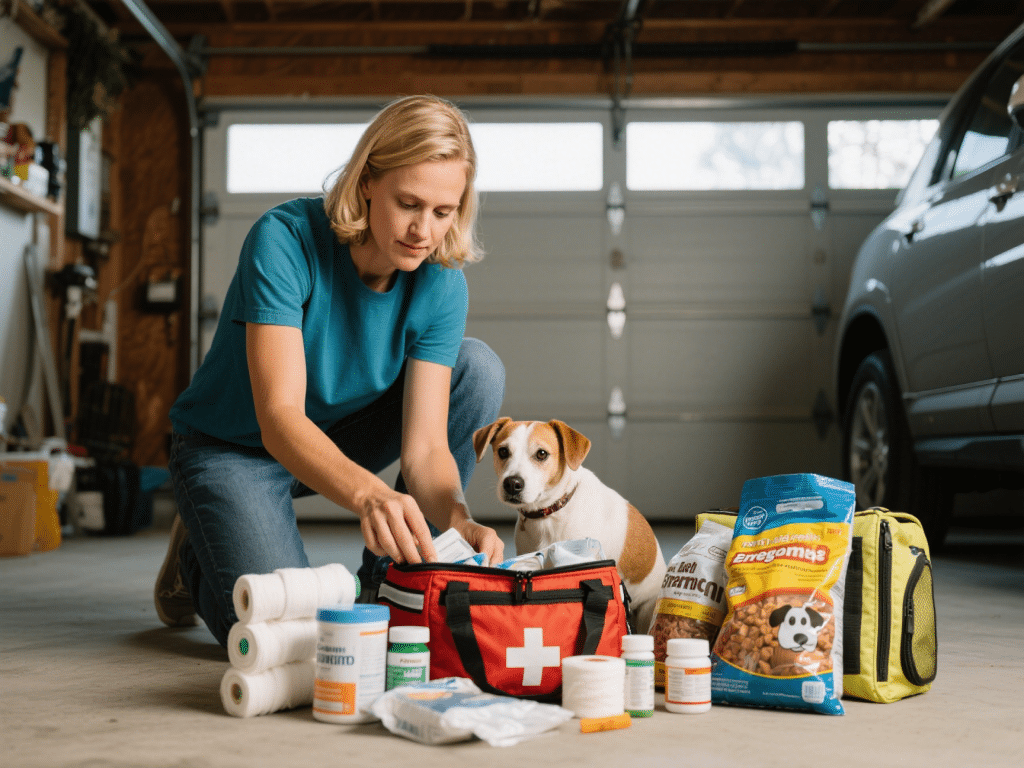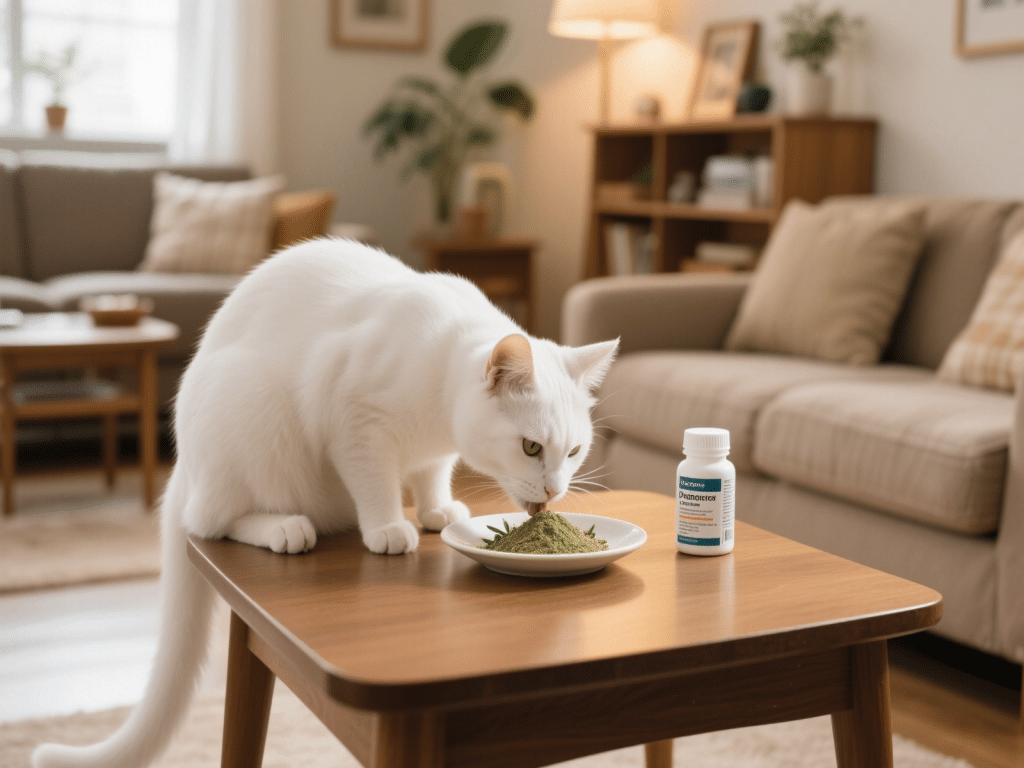Nutrition for Pets: What Every Pet Owner Should Know
Proper nutrition forms the cornerstone of your pet’s health, longevity, and vitality. Yet, navigating the complex world of pet food labels, dietary trends, and species-specific requirements can overwhelm even dedicated owners. This comprehensive guide synthesizes evidence-based principles to help you make informed decisions for your dog or cat.
1. Core Nutritional Requirements for Pets
Protein Quality Matters: As obligate carnivores, cats require animal-derived protein for essential amino acids like taurine—deficiencies can cause heart disease. Dogs, while more omnivorous, still thrive on high-quality proteins (chicken, fish, eggs) for muscle maintenance and immune function. Chicken delivers 31g complete protein per 100g, plus B vitamins for energy metabolism and natural glucosamine for joints :cite[4].
Balanced Macronutrients:
Fats: Omega-3/6 fatty acids (from fish oil or flaxseed) support skin/coat health and reduce inflammation.
Carbohydrates: Contrary to popular belief, well-cooked grains (rice, oats) are digestible for most dogs and provide energy. Grain-free diets often substitute starch-heavy potatoes or legumes, potentially contributing to obesity :cite[3].
Fiber: Aids digestion; pumpkin or sweet potatoes help regulate bowel movements.
Essential Micronutrients: Calcium, phosphorus, zinc, and vitamins must be balanced. Commercial foods meeting AAFCO standards include these, but homemade diets risk deficiencies without veterinary oversight :cite[6].
2. Special Dietary Considerations
Allergies and Sensitivities
Food allergies affect ~10% of dogs, with proteins like beef or dairy being common triggers. Chicken, when sourced properly, is among the least allergenic options :cite[4]. For suspected allergies:
Implement an elimination diet starting with plain boiled chicken.
Gradually reintroduce ingredients over 2+ weeks, tracking reactions.
Avoid grain-free diets unless confirmed grain allergy; studies show 80%+ reactions are protein-based :cite[3].
Weight Management
Over 50% of dogs in the US are overweight. To safely support weight loss:
Consult your vet to rule out medical causes.
Aim for 1% weekly weight loss—rapid reduction risks muscle loss.
Split meals into 2–3 portions daily to sustain appetite.
Use therapeutic diets designed to preserve nutrients while cutting calories :cite[5].
Table: Body Condition Assessment for Dogs & Cats
| Indicator | Underweight | Ideal | Overweight |
|---|---|---|---|
| Ribs | Easily visible | Palpable with slight fat | Not detectable |
| Waist (from above) | Pronounced hourglass | Visible taper | Absent; oval-shaped |
| Abdominal tuck | Severe tuck | Gentle upward curve | Minimal or no tuck |
Homemade and Vegan Diets
Homemade diets offer ingredient control but require meticulous planning. Key risks:
Taurine/L-carnitine deficiency in vegan diets, leading to dilated cardiomyopathy. Always supplement these :cite[2].
Calcium-phosphorus imbalances affecting bone health.
Toxicity hazards: Garlic, onions, grapes, and xylitol are common human foods that poison pets :cite[2]:cite[6].
3. Life-Stage Nutrition
Puppies/Kittens: Need 2–3x more protein and calories than adults. Look for DHA to support brain development.
Adults: Maintain with AAFCO-approved foods. Adjust portions based on activity; indoor cats typically need less than outdoor ones :cite[8].
Seniors: Older pets need highly digestible protein to combat muscle loss. Joint supplements (glucosamine/chondroitin) and omega-3s can ease arthritis :cite[6]. Kidney-support diets for cats restrict phosphorus while maintaining protein quality :cite[7].
4. Recognizing and Avoiding Nutritional Hazards
Salt Toxicity:
Dogs require sodium (0.3% minimum in dry food), but excess causes vomiting, seizures, or death. Avoid:
Salty snacks (chips, pretzels).
Processed meats (ham, bacon).
Saltwater ingestion at beaches—always offer fresh water :cite[1].
Toxic Foods: Never feed pets:
Chocolate, caffeine.
Grapes/raisins.
Macadamia nuts.
Onions/garlic.
Supplement Safety:
Most pets on commercial diets don’t need supplements. Exceptions include:
Probiotics during digestive upset.
Fish oil for skin/allergies.
Joint support for large breeds or seniors.
Consult your vet before mixing supplements—overdosing fat-soluble vitamins (A, D, E, K) can be dangerous :cite[6].
5. Practical Feeding Guidelines
Dogs: Measure portions strictly. For a 20lb dog, ~1 cup daily of quality kibble suffices, adjusted for activity.
Cats: Feed ⅓–¾ cup dry food based on weight. Use timed feeders to prevent overeating :cite[8].
Transitioning Foods: Switch gradually over 7–10 days to avoid GI upset.
Conclusion: Partner with Your Veterinarian
There’s no universal “best diet”—individual factors like breed, health status, and lifestyle matter profoundly. Schedule annual nutritional assessments with your vet, report any appetite or weight changes promptly, and prioritize AAFCO-compliant or veterinary therapeutic diets for complex conditions. By combining science-backed nutrition with vigilant observation, you empower your pet to thrive for years to come.










Comments on " Nutrition for Pets: What Every Pet Owner Should Know" :